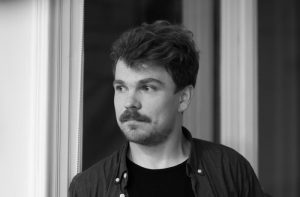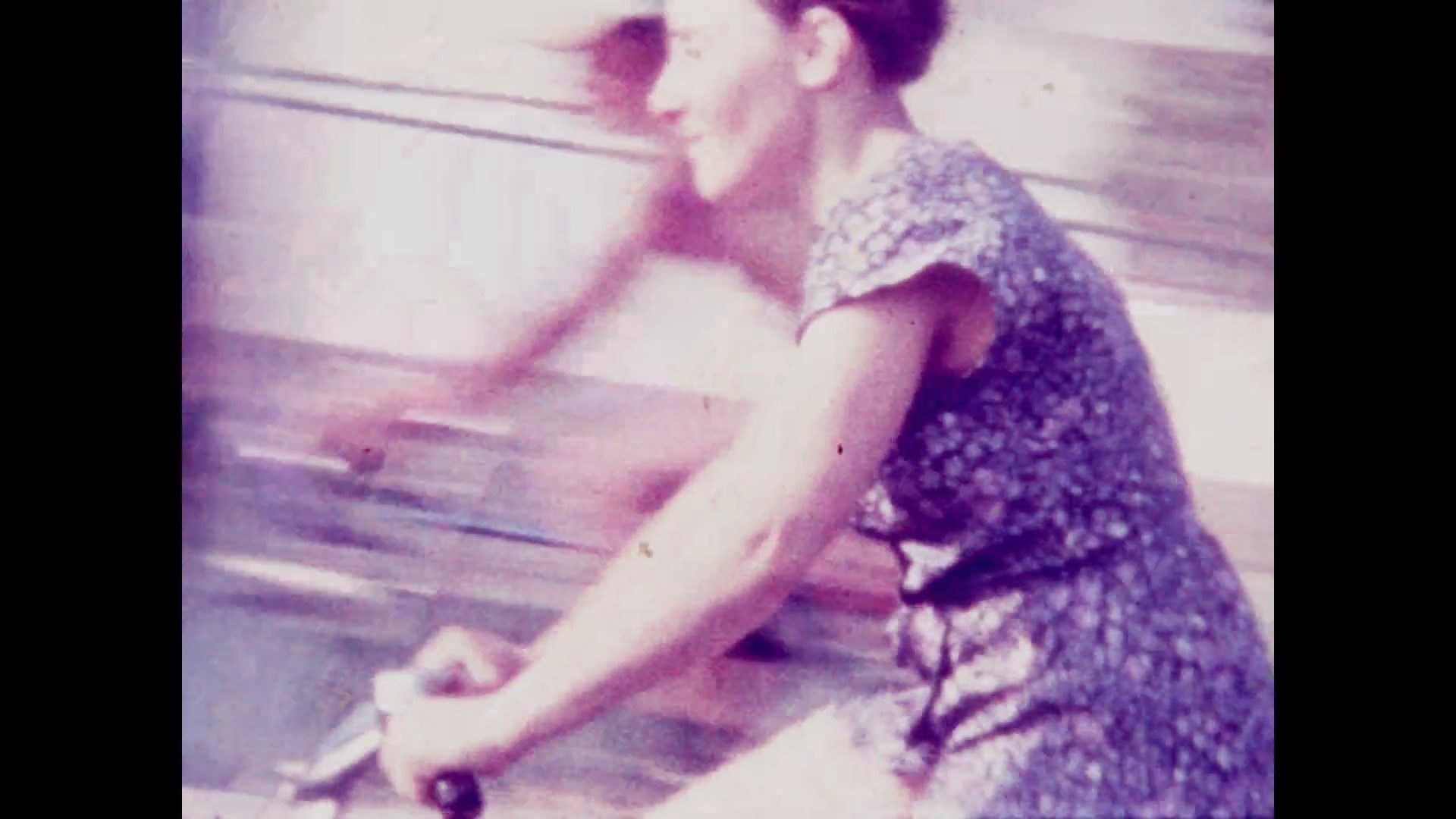Escaping the City: Weekends, Vacations, and Travels of Lviv Residents In Private Film Archives
Oleksandr Makhanets
Center for Urban History10.8.2023, 18:30
Conference Room of the Center for Urban History
We are pleased to invite you to the lecture by Oleksandr Makhanets that continues the series of lectures on Lviv's modern experiences, "Let's Have a City..."
The film Good Day in Lviv (1969) ("Добрий день Львова"), produced by the Ukrkinokhronika studio, consists of two parts in which its author, Volodymyr Shevchenko, shows Soviet Lviv and the lives of its inhabitants through the prism of weekdays and weekends. The classical technique of covering work and leisure emphasizes the regulation of working and free time. This division is one of the features of a modern city. But it also indicates that both of these spheres were equally important and politicized for the Soviet government. The idyllic image of happy citizens in the film emphasized the Soviet Union's achievement of switching from a six-day to a five-day workweek. Freeing up time for private affairs meant great changes in everyday life and also promoted leisure and recreation.
Another feature of modernity was the penetration of technology, which became truly widespread and accessible in the second half of the twentieth century. In particular, compact movie cameras were frequent companions during leisure and travel. They were an attribute of modernity, modernization, and belonging to a new lifestyle that was essentially urban. The reason for filming was the desire to preserve special and pleasant moments, to pull them out of the fast-moving flow of life. This is how private home movie archives began to appear. Today, they offer their perspective on spending free time, different from the official optics of Shevchenko's Good Day in Lviv. Despite this opposition, home movies have their limitations and do not claim to be comprehensive. However, a critical analysis of repetitive or exceptional plots allows us to reveal such an important element of everyday life as leisure and recreation.
The basis for Oleksandr Makhanets' lecture will be footage from private film archives of Lviv residents from the collection of the Urban Media Archive of the Center for Urban History. The researcher will examine how and where Lviv residents spent their free time, what their recreation was like, and where they escaped from the noise of the then-industrial city.

Oleksandr Makhanets
A historian, curator of the [unarchiving] program aimed at popularizing archival heritage through experiments, non-academic forms and formats. At the Center for Urban History, he is working on a research project on home and amateur cinema, processing and developing the relevant collection in the Center’s Urban Media Archive, and curating the annual program of Home Movie Days.
Credits
Cover Image: still from Ryszard Sorówka's home movie // Collection of Bolesław Olejnik // Urban Media Archive of the Center for Urban History
Gallery: Iryna Sereda
